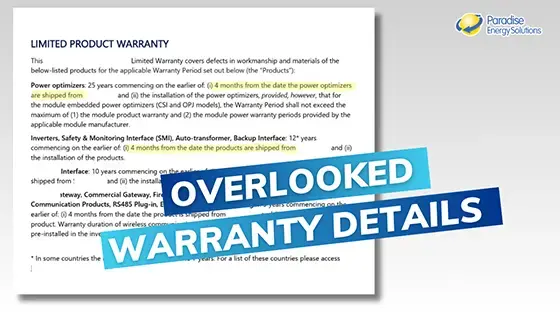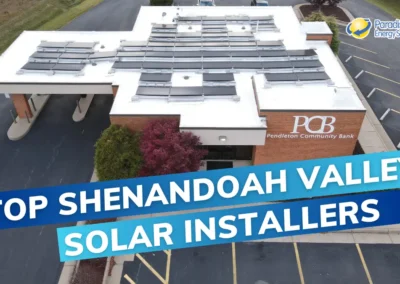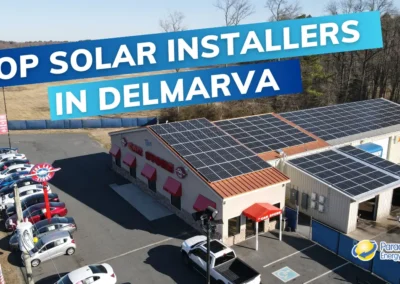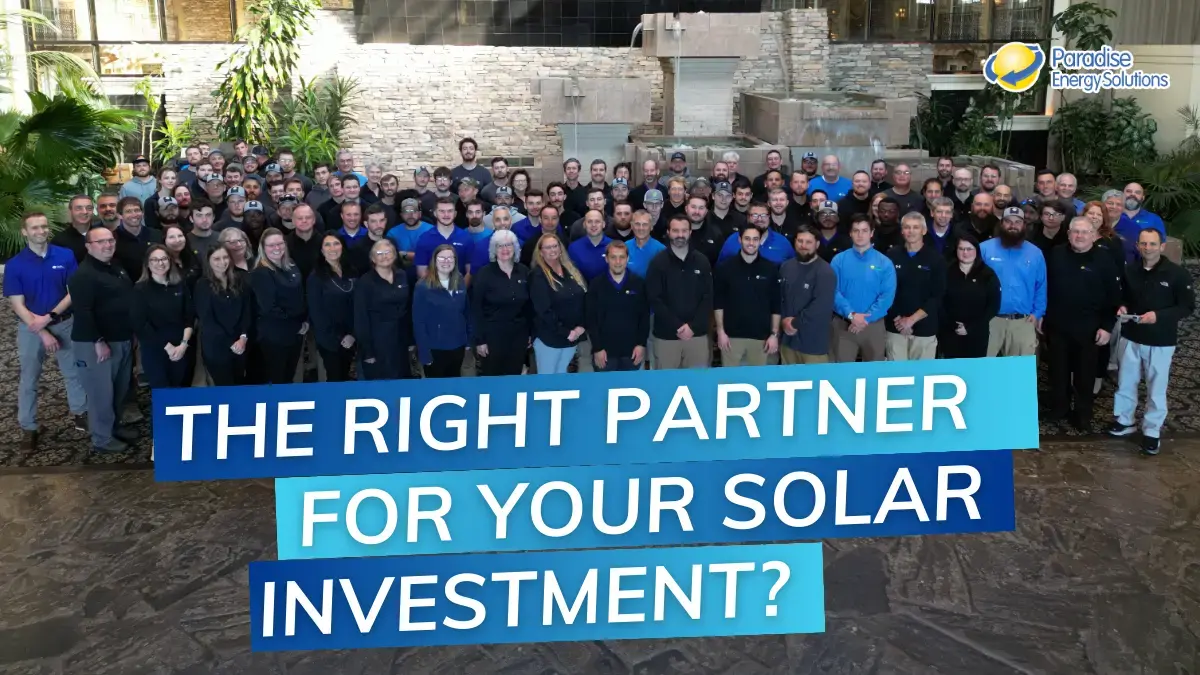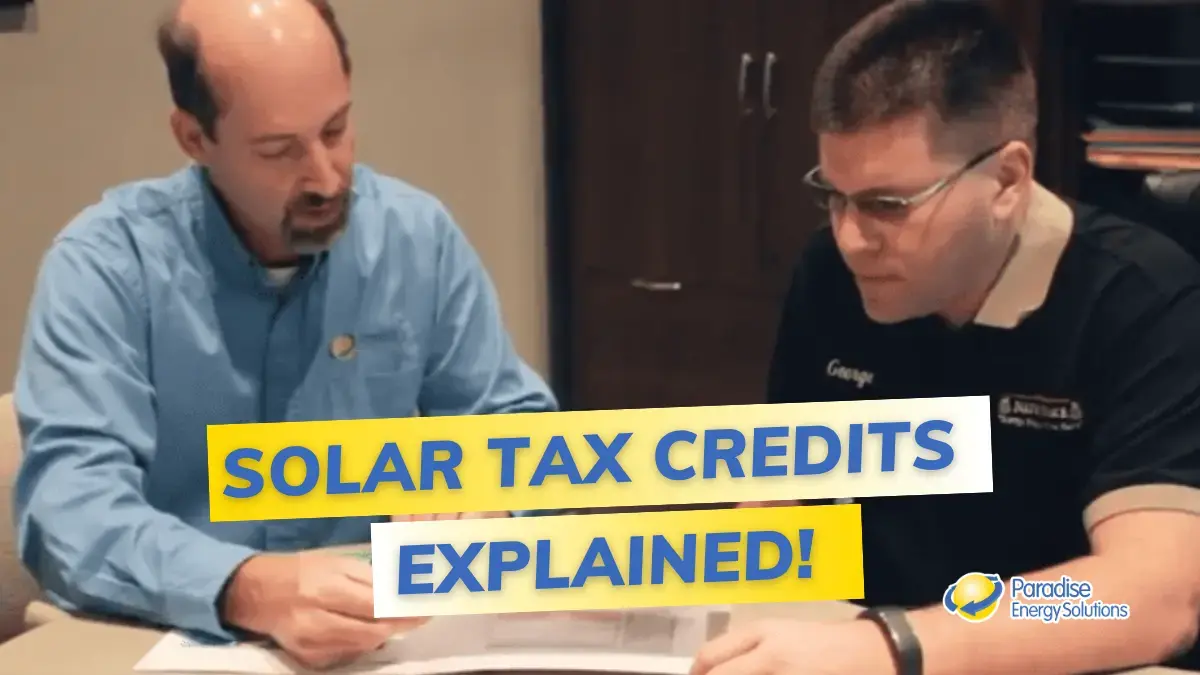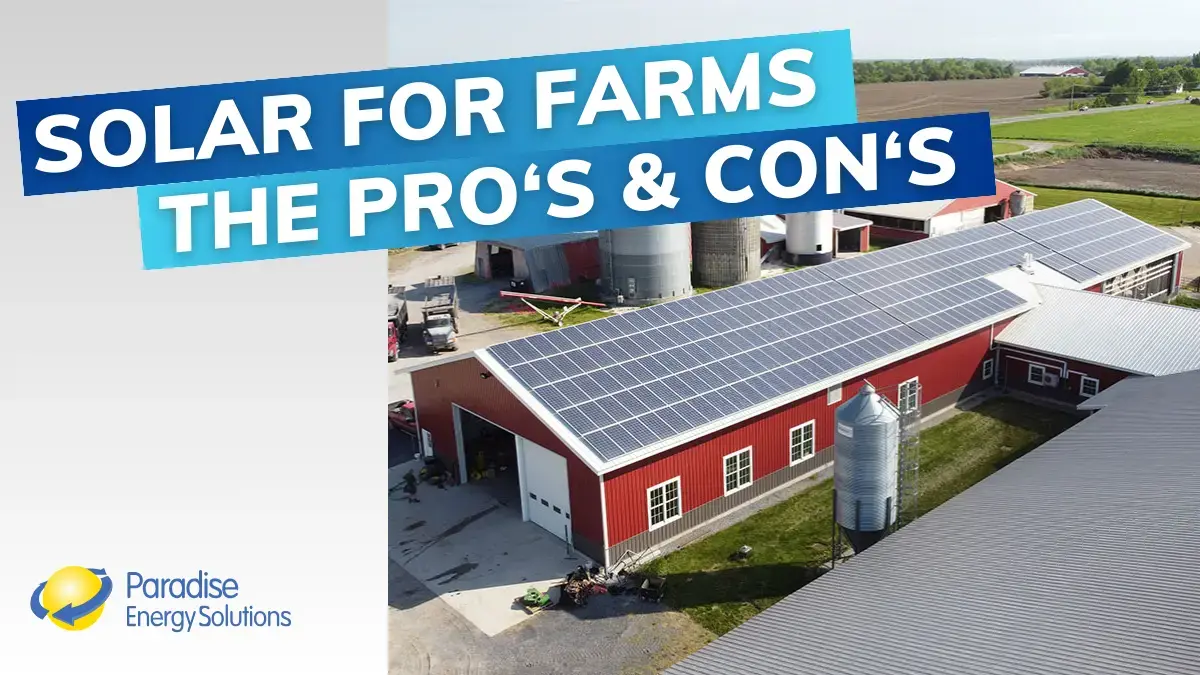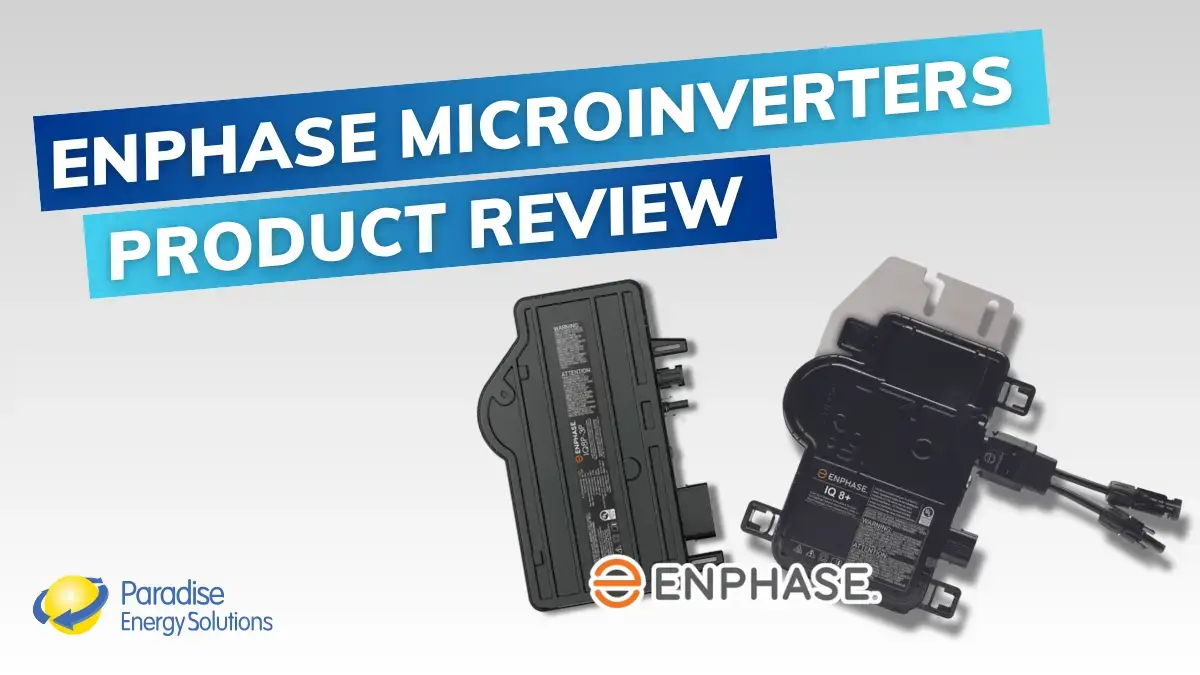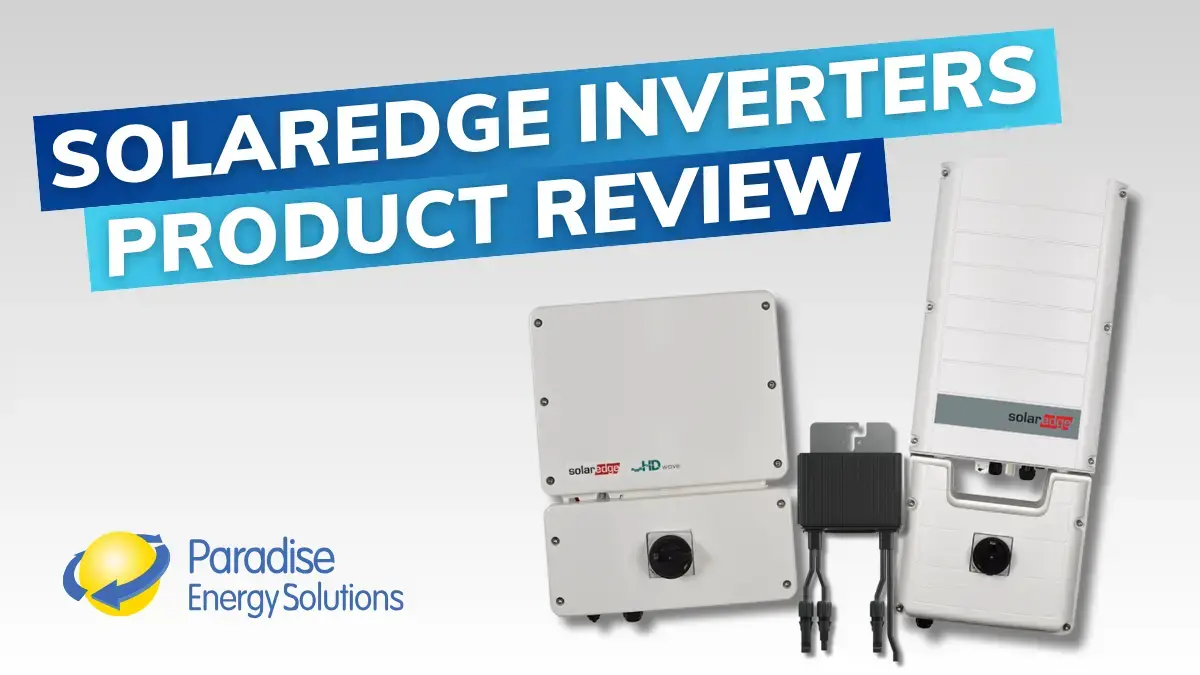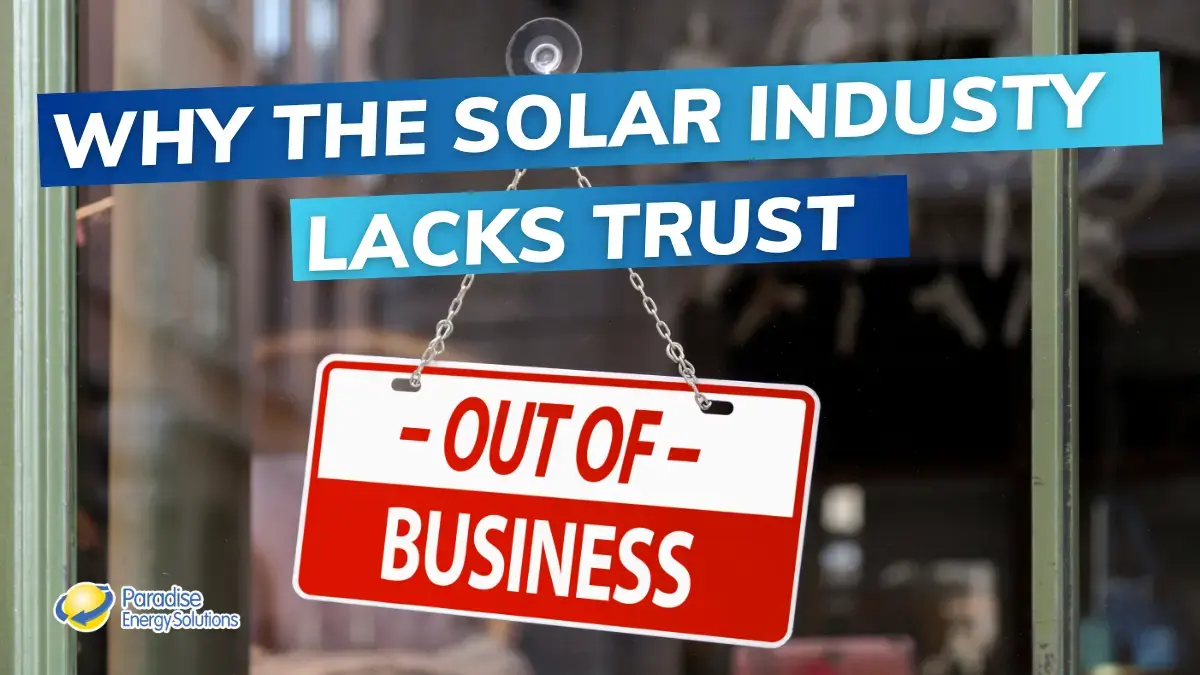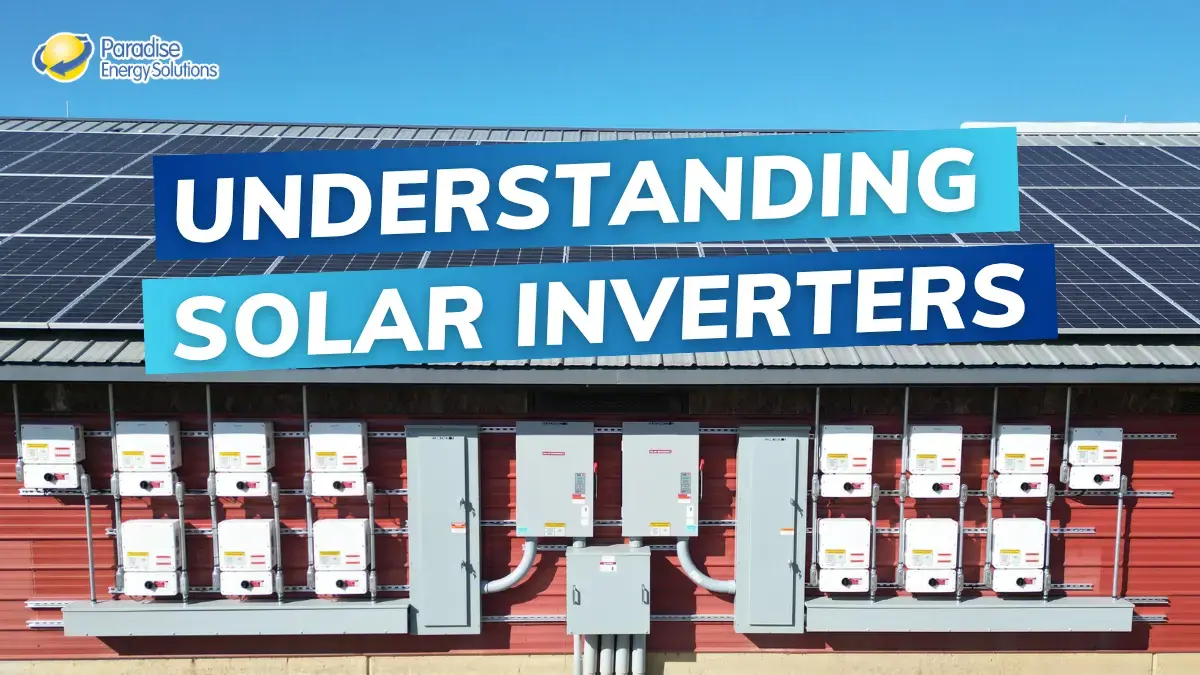Planning to go solar? There are often overlooked details that might bite you later, and it’s not what you think.
We’re talking about solar equipment warranties. And here’s what most people don’t realize: some of these warranties are already running before your panels are even installed on your roof. Others leave you hanging when it comes to associated labor costs.
Whether you’re considering solar for your home or commercial solar for your business, understanding these warranty details upfront could save you serious money down the road.
Let’s dive into the warranty details that many people overlook.
Your Warranty Clock May Already Be Ticking
Here’s something that surprises almost everyone: your warranty may not start when your system goes live.
The reality is trickier than that. The start of the warranty clock is different for each brand. Whether it’s your inverters, solar panels, or other supporting equipment, each manufacturer has their own set of guidelines when it comes to their product warranties.
Some start when the product is manufactured. Others start when the product arrives at the installer’s warehouse or, best case for you the customer, when the product is installed at your property.
However, most manufacturers start their warranty before the installation even happens. With supply chain challenges these days, installers sometimes work with equipment that’s been sitting around for a year or two.
So when your system is finally energized, your warranty period could already have started. Maybe by months or potentially a couple of years.
Now, we’re talking about warranties that run 10, 12, 15, even 30 years, so this won’t impact you until years down the road, if at all. But it’s something to keep in mind as you look at the big picture of your solar investment.
If you want to know when your specific warranty started? You’ll have to dig into the manufacturer’s fine print and, if necessary, confirm other important dates, like when the product was delivered to the installer.
Beware of the Labor Costs for Warranty Work
Even when your equipment is covered under warranty, there’s another often overlooked detail: who pays for the associated diagnostic and labor work?
Here’s the scenario: your equipment fails, and yes, it’s under manufacturer warranty. Great news, right? Well, not so fast. The manufacturer will replace the broken part, but they won’t pay for someone to come out, diagnose the issue, and perform the necessary repairs.
That diagnostic time and labor? That’s typically on you, unless your installer offers additional workmanship coverage like Paradise Energy’s Triple Ten Guarantee.
With Paradise Energy’s Triple Ten Guarantee, those labor and diagnostic costs are covered for the first ten years. Without this type of protection, you’re looking at an unexpected bill just to get your “free” warranty replacement installed.
In 2025, the cost of solar maintenance will range anywhere north of $125 an hour.
When Parts Aren’t Covered By The Manufacturer
Paradise Energy’s Triple Ten Guarantee doesn’t backstop manufacturer warranties, and some equipment might not even come with warranties. So what happens then?
Let’s use a real example: the Enphase Envoy. It’s the communication hub for your system, and it comes with a 5-year product warranty.
If that Envoy dies in year 6, Paradise Energy’s Triple Ten Guarantee will cover the labor and troubleshooting costs, but you’d still need to purchase the replacement part yourself. We don’t extend the manufacturer’s warranty on the actual equipment, but we will cover the service work during the ten-year warranty period.
Sometimes you’ll run into smaller components that don’t have long manufacturer warranties. But your major components like panels, inverters, racking, and optimizers typically come with solid 10, 15, 20, or even 30-year coverage from the manufacturer.
What’s Not Covered Under the Triple Ten Guarantee
Some equipment doesn’t qualify for Paradise Energy’s Triple Ten Guarantee. These are typically the “extras” that aren’t essential for solar production:
- EV charging stations
- Load management systems
- Inverter mounting structures
- Monitoring displays for your office
These items aren’t part of the core system that’s generating your electricity, so they fall outside the Triple Ten Guarantee coverage.
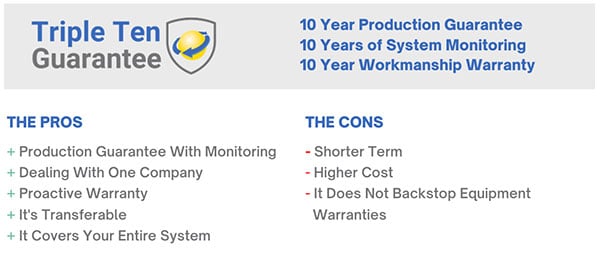
Why Warranties Matter For Your Solar System
No one gets excited about reading the fine print in warranty terms. But when it comes to solar, understanding those details is essential. Solar is a long-term, high-dollar investment, and your warranty plays a critical role in protecting that investment and ensuring a strong return.
When evaluating solar quotes, don’t just look at the price per watt. Ask about warranty coverage, labor protection, and what happens when something needs repair down the road. Companies like Paradise Energy that offer extended warranties like our Triple Ten Guarantee can save you thousands in unexpected costs.
